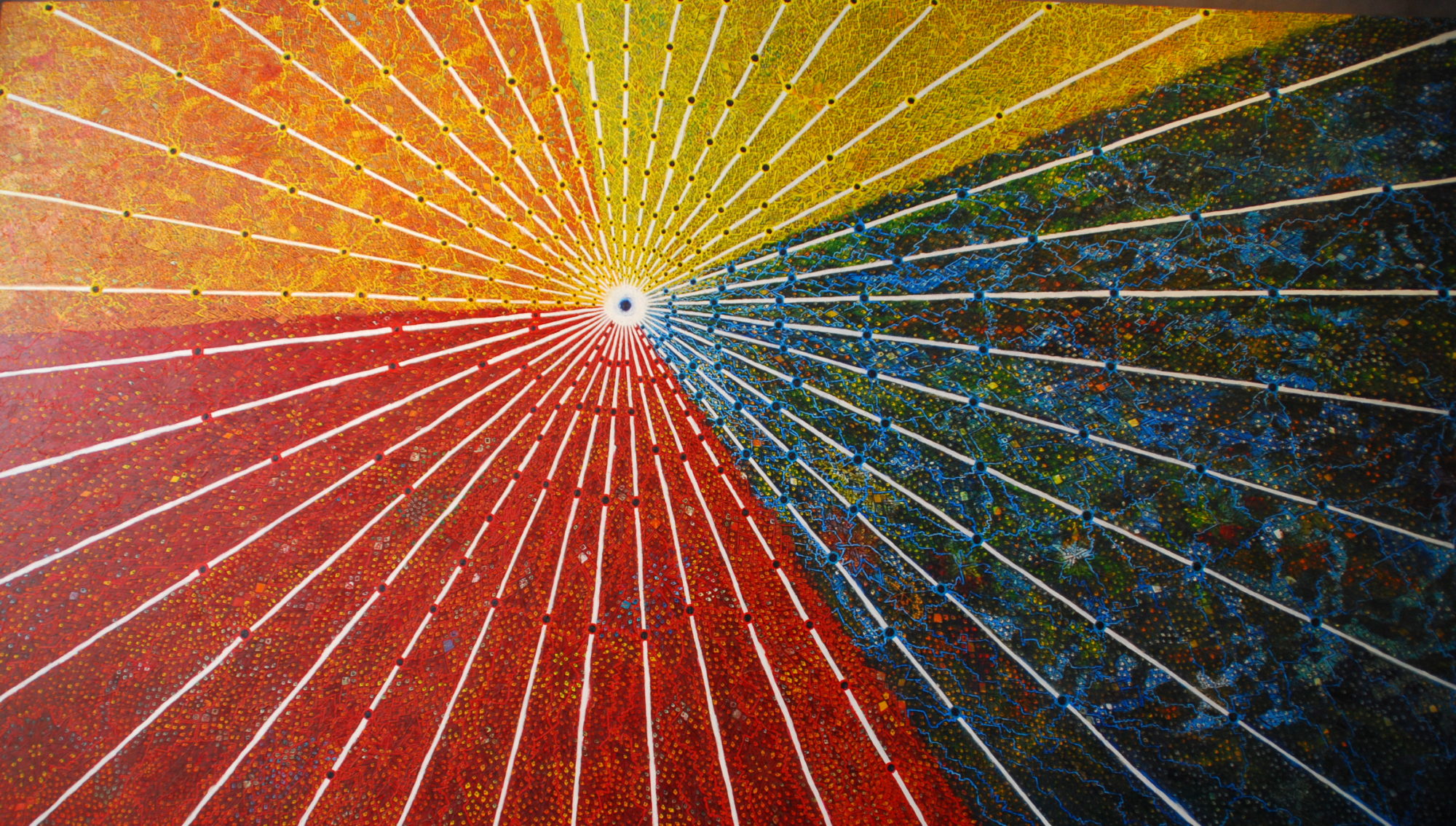After an afternoon wildlife excursion in the mokoro, we arrived back on the island where we had set up camp just as the giant African sun began to sink into the placid waters of the Delta. As we admired the silhouettes of the trees and reeds against the orange sky, Mathebe, our poler and guide, began to build a large fire with wood he had gathered earlier. It seemed to us a pleasant touch.
Once it was roaring, Mathebe stepped back to admire his work and said, “We’ll keep this going all night.” That seemed a little excessive to us. But then he added, “It will keep the animals away from camp.” At that point it seemed maybe just adequate.
But with the sky still a bit aglow, things in the Okavango Delta seemed peaceful. So paying little mind to the idea of animals in the camp, we set about making a pasta dinner while Mathebe gathered more and more and more wood. He was serious about the fire. As we waited for the spaghetti to become al dente, Mathebe sat quietly, scanning our surroundings and listending intently. At one point, he stood quickly, beckoned us over, and asked “Do you hear that?” We listened. “It’s the animals coming out of the water.” Cool, we thought, and went back to cooking and then eating.
During the course of dinner, Mathebe pointed out a few more sounds to us. “Hear that,” he asked after a guttural growl came from the dark beyond our vision. “That’s a leopard.” To a set of grunts, “That’s an impala.” To a sharp howl, “Those are hyenas.” To some deep barks, “Hippos, coming out to feed.” And to the sound of branches snapping, “Elephants. The island was alive with animals, all of which we could hear but not see, our vision limited to the tiny circle illuminated by our fire and our suddenly very weak headlamps.
What had seemed pretty amazing when the sun was still up was starting to feel frankly a bit frightening. “Should we worry?” I asked, as Mathebe pointed out a path that he thought the elephants might take, which of course went right behind our campsite. “The fire will keep them away,” he said. “And in your tent, you’re safe.” Then he added after a pause, “But don’t for any reason come out of your tent.”
Not exactly the most reassuring answer, and our tent, a $3o purchase from the supermarket did not exactly make me feel warm, cosy, and secure. But after quickly cleaning up our dinner and going the bathroom (and praying we wouldn’t feel the urge in the middle of the night), we jumped into our sleeping bag and zipped our tent tightly up. It was about 8 p.m. Sunrise in the Delta is about 7 a.m. We had 11 hours of darkness in front of us.
And let me tell you, those were a long 11 hours. At first, while we could hear the animals, they remained at a distance. But then it seemed as if every animal in the vicinity had gotten a memo saying that we’d disappeared and it was now safe for them to move in. The grunts and growls and snapping branches got closer and closer. Soon we could pretty much hear the animals breathing. I am fairly certain that one or two hippos brushed our tent.
I lay there with every muscle tense (when I wasn’t shaking in my underpants). There was nothing I could do but hope and pray that Mathebe knew what he was doing. The animals that seemed closest to our tent, hippos and elephants, were herbivores. They weren’t interested in eating us, but they were animals and if they felt threatened they would without hestitation kill us. And having seen elephants stamp through what I’d consider dense growth as if it was nothing, I couldn’t help but picture them stepping right onto our tent, bursting our heads like watermelons.
With nothing to do but say a few Hail Mary’s, I just gazed through the thin sheet of our tent at the glow of the fire, reminding myself that the animals would not get too close to it. Every time it seemed to die, I’d feel my anxiety level rise, and it certainly sounded as if the animals got louder and closer. But somehow, every time, Mathebe would come to the rescue. I’d hear the zip of his tent, then the crash of logs on the fire, and then again the zip of his tent. The fire would come roaring back, and I’d thank God that he was braver than me.
Many long hours passed this way, until about 2:30 a.m. when I somehow drifted off to sleep, or at least dozed. The animal sounds didn’t entirely disappear, but they seemed softer, less frequent, less threatening. The fire kept going all night, and around 6 a.m, the soft light of dawn joined the fire. We heard a few more grunts and snaps, a growl or two, and the barking of baboons, and then the sun was up. And with the sun, we again became brave, reentering the world, as if somehow all the things that seemed so scary in the dark just vanished when the world became light. And in some ways, it seemed that they had indeed. With all the ruckus they had made during the night, I expected to see some evidence of all the animals that had made midnight visits to our camp. But besides a freshly trampled path, there was nothing to show for what we had survived. After all, it was just a regular night in the Okavango Delta for everyone and everything but us. For us, it was an exhausting but exhilarating night. And one, I don’t feel the need to repeat anytime soon.



You must be logged in to post a comment.